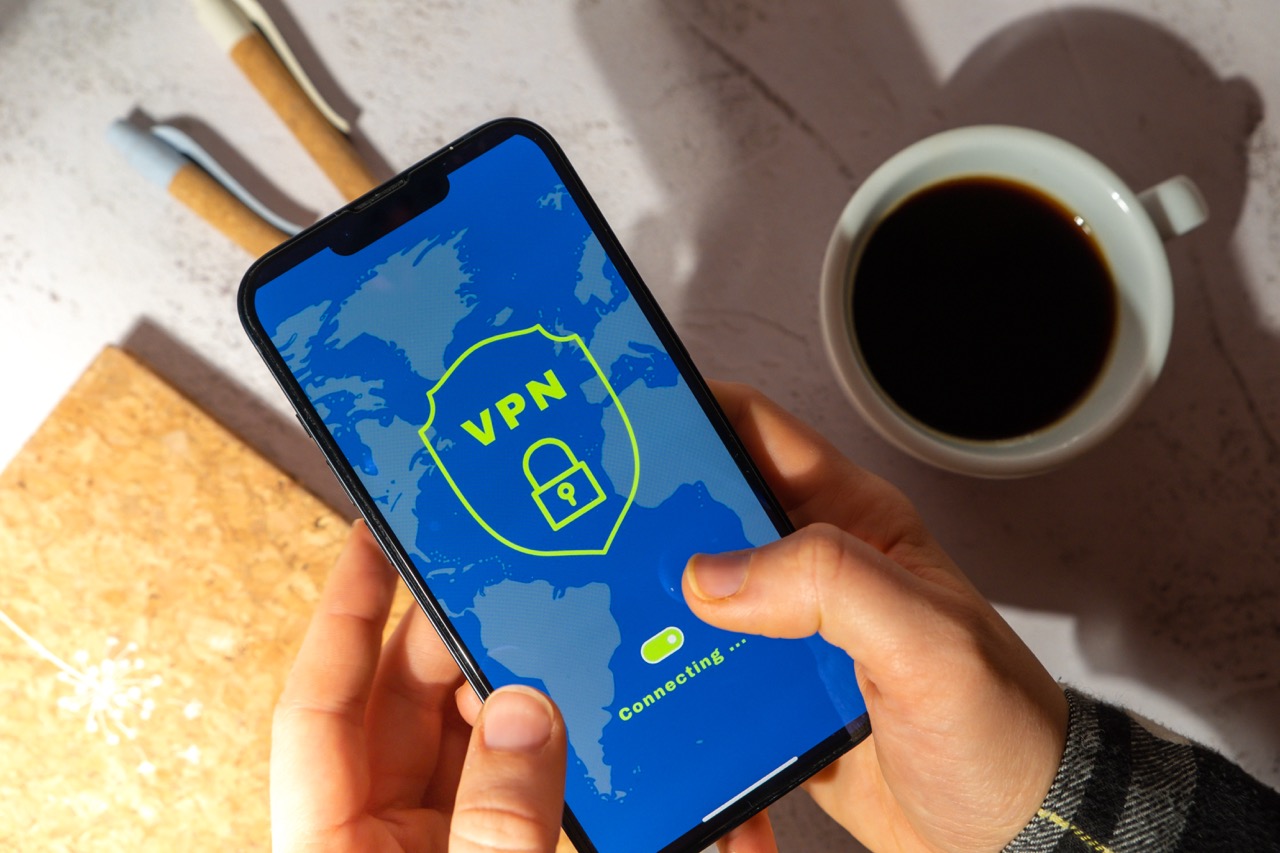In an age where digital privacy is paramount, Virtual Private Networks (VPNs) have emerged as essential tools for securing online activities. Among the myriad of VPN providers available, Surfshark has distinguished itself not only through its robust features but also through its commitment to transparency and security. A crucial aspect of this transparency lies in the regular security audits that the company undertakes. This article delves into Surfshark’s security audits, examining their reliability and what they mean for users seeking secure and trustworthy VPN services.
Understanding the Importance of VPN Security Audits
VPN security audits serve as an essential mechanism for evaluating the integrity and reliability of a service. Given the sensitive nature of the data that VPNs handle, third-party audits provide an independent verification of a provider’s claims regarding security practices, privacy policies, and adherence to industry standards. These audits create a layer of accountability, which is critical in fostering user trust, particularly as concerns about data breaches and privacy violations continue to rise.
Moreover, the evolving landscape of cybersecurity threats necessitates that VPN providers regularly assess their systems and processes. Security audits not only identify potential vulnerabilities but also ensure that the VPN service adapts to new security challenges. In the crowded VPN market, where many providers make sweeping claims about their security measures, audits help users discern legitimate services from those that may be misleading or deceptive.
Lastly, security audits can enhance a VPN’s reputation in the marketplace. Providers that undergo rigorous auditing processes can leverage the findings to reassure potential users of their commitment to security and privacy. This not only aids in customer acquisition but also in retaining existing users, who seek reassurance that their online activities are secure and protected from prying eyes.
Overview of Surfshark’s Audit Process and Methodology
Surfshark engages third-party firms to conduct comprehensive security audits of its services. These audits typically encompass a range of components, including infrastructure security, privacy policies, and data handling practices. The independent nature of these audits ensures that the findings are impartial and grounded in industry standards. Surfshark has notably partnered with reputable cybersecurity firms to ensure that the audit process adheres to stringent methodologies.
The specific methodology employed in Surfshark’s audits often includes vulnerability assessments, penetration testing, and review of the company’s privacy policies and technical implementations. By employing a systematic approach, these audits reveal potential weaknesses and areas for improvement within Surfshark’s infrastructure. Additionally, the findings from these audits are documented and made accessible to the public, reinforcing Surfshark’s commitment to transparency.
Furthermore, the frequency of these audits plays a crucial role in maintaining robust security standards. Regular audits allow Surfshark to stay ahead of emerging threats and adapt its practices accordingly. As technology and cyber threats evolve, so too must the strategies employed by VPN providers, making continuous audits a fundamental aspect of Surfshark’s operational ethos.
Evaluating the Results: Key Findings from Recent Audits
Recent audits of Surfshark have yielded positive results, reinforcing the provider’s reputation for security and privacy. Notably, independent auditors have often praised Surfshark’s strict no-logs policy, which asserts that the company does not store any user data that could be tied back to individual clients. This commitment to user privacy has been consistently validated through audits, providing assurance that users can browse the internet without fear of data retention.
Moreover, the audits have identified Surfshark’s encryption practices as robust and in line with industry best practices. The utilization of AES-256-GCM encryption, combined with secure tunneling protocols, has been highlighted as a significant strength, ensuring that user data is well-protected against unauthorized access. Audit findings have also noted that Surfshark’s infrastructure is designed to mitigate common threats, making it a reliable choice for users concerned about cybersecurity.
However, while the audit results are encouraging, it is essential for users to view them as part of a broader context. The effectiveness of Surfshark’s security measures can only be fully understood when considered alongside ongoing developments in both the company’s policies and the wider cybersecurity landscape. Continuous vigilance and adaptation are necessary to maintain a high standard of security, and users should remain informed about future audit results and any changes to the service.
Implications for Users: Trust and Transparency in VPNs
The results of Surfshark’s security audits carry significant implications for users seeking a trustworthy VPN service. With many providers in the market, users can feel overwhelmed by the choices available. The independent verification offered through security audits helps to demystify the claims made by VPN providers and offers a tangible measure of reliability. For users, this translates to peace of mind, knowing that their chosen service has been vetted and validated by third-party experts.
Additionally, Surfshark’s commitment to transparency through its audit processes establishes a benchmark for accountability within the VPN industry. Users are increasingly prioritizing transparency in their online services, and Surfshark’s proactive approach to disclosing audit results serves as a model for other providers. This trend encourages a culture of openness and responsible data handling practices across the industry, ultimately benefiting consumers by promoting higher standards of service.
Lastly, the implications of robust security audits extend beyond individual user experience; they contribute to the overall health of the cybersecurity ecosystem. As more VPN providers adopt similar auditing practices, the industry can foster a competitive environment where privacy and security are paramount. This shift not only enhances user trust but also drives innovation, compelling all providers to continually improve their security frameworks and offerings.
In conclusion, Surfshark’s security audits stand as a testament to its commitment to providing a reliable and secure VPN service. The independent validation of its practices underscores the importance of transparency and accountability in an increasingly complex digital landscape. For users, these audits provide critical insights into the security and privacy of their online activities, paving the way for informed decision-making in their choice of VPN services. As the demand for robust cybersecurity continues to grow, Surfshark’s proactive approach to security auditing not only enhances its reputation but sets a positive precedent for the entire industry.










